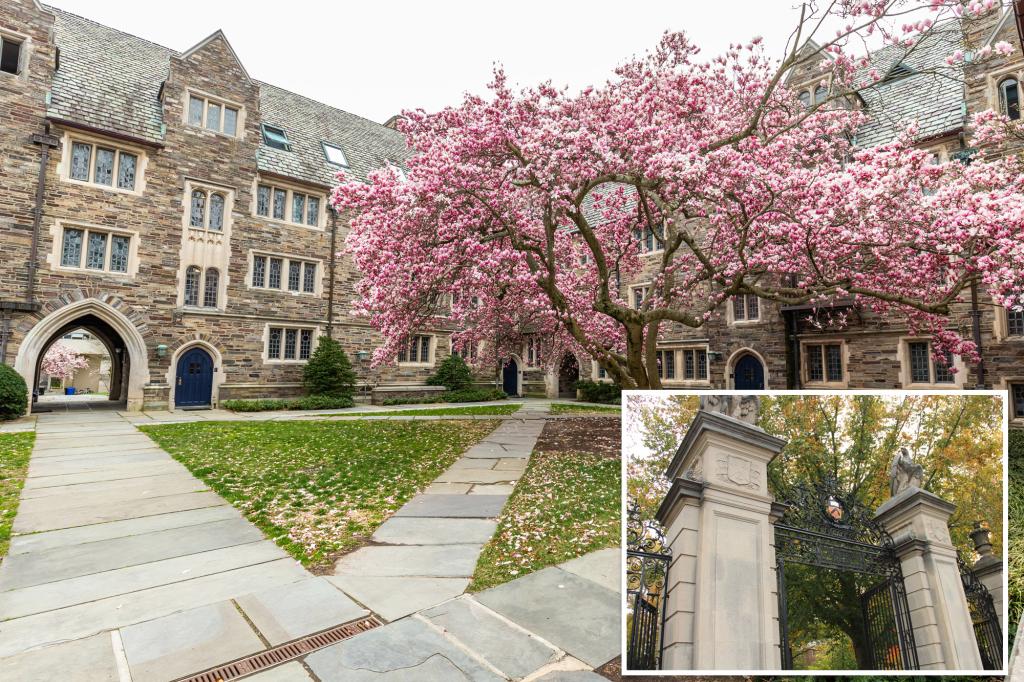A group of Princeton University students is planning to set up an anti-Israel tent city on campus, known as the “Princeton Gaza Solidarity Encampment,” in a bid to pressure the university to divest from Israel. Documents obtained by The Post show that the group is prepared for possible arrests and expulsion, although they claim that potential criminal charges would likely be limited to trespassing. The encampment organizers also have legal support and are willing to negotiate with faculty members who support their cause.
The university administration has warned students that any protesters participating in the encampment could face immediate arrest and expulsion from campus, with the possibility of suspension as well. Vice President for Campus Life W. Rochelle Calhoun emphasized the safety concerns and potential for escalation associated with disruptive protests such as erecting tent cities on campus. The students involved risk jeopardizing their ability to complete the semester and facing disciplinary action if they refuse to comply with the warnings.
A draft press release outlining the goals of the potential encampment obtained by the National Review includes calling for an immediate cease-fire in Israel’s military campaign and condemning Israel’s treatment of the Palestinian people. The timeline for the start of the encampment is unclear, but the group appears to be actively recruiting additional participants and identifying possible locations for setting up the tent city, recommending in-person or phone communications for coordination.
The planned anti-Israel encampment at Princeton University comes against the backdrop of similar actions at other Ivy League institutions, such as Columbia University, Harvard, NYU, and Yale. These protests are in response to Israel’s military response to Hamas’s attack on Oct. 7 in Gaza, which has sparked controversy and division on college campuses across the United States. The escalating tensions surrounding the Israel-Palestine conflict have led to a growing number of student-led protests and encampments at elite universities in recent days.
Overall, the situation at Princeton University highlights the increasing activism and polarization surrounding the Israel-Palestine conflict on college campuses, with students engaging in protests and encampments to pressure their institutions to take a stand. The university administration’s response, warning of potential consequences for those involved, underscores the challenges of balancing free speech rights with campus safety and order. As students prepare for the encampment, the broader context of similar actions at other Ivy League schools indicates a trend of escalating tensions and calls for divestment from Israel.


